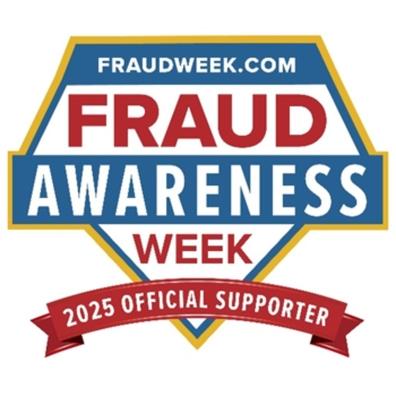
When Love is a Lie: How Romance Scams Work
November 10, 2025
Romance scams are heartbreaking—and costly. These scams
happen when someone pretends to be romantically interested in you to gain your
trust, then manipulates you into sending money or sharing personal information.
They often begin innocently enough, a friendly message on a dating app, a
flirty comment on social media, or even a random email that seems like fate.
“Romance scammers are patient and persuasive,” says Heather
Barnhart, BSA/Fraud Officer at Opportunity Bank. “They build emotional
connections over time, which makes their requests for money feel more
believable.”
How Romance Scams Work
Scammers often create fake profiles using stolen photos and
false identities. They may claim to be:
- Working overseas (military, oil rig, international business)
- Stuck in a remote location, or unable to meet in person due to travel restrictions or emergencies
- In need of financial help for a sudden crisis
- Offering investment opportunities, especially in cryptocurrency or gold.
Once trust is established, they’ll ask for money, often in
the form of wire transfers, gift cards, or cryptocurrency, which are difficult
to trace and impossible to recover.
Warning Signs of a Romance Scam
- They profess love quickly, often within days or months.
- They ask for money for emergencies, travel, or medical expenses.
- Their stories are inconsistent, vague, or seem too good to be true.
- They try to isolate you from friends or family who express concern.
- They ask you to deposit checks or receive wire transfers on their behalf, then send the funds to another party, buy gift cards, or invest in cryptocurrency or gold for them.
How to Protect Yourself
- Be cautious with online relationships. Don’t share personal or financial information with someone you haven’t met in person.
- Do a reverse image search of their profile photos to check if they’re stolen from someone else.
- Talk to someone you trust if you’re unsure about a new online relationship.
- Never send money to or receive money from someone you haven’t met face-to-face, no matter how convincing their story is.
If you think you’ve been targeted by a romance scam, or if
you recognize any of the signs above and gave out information or sent money to
an unidentified source, call your local branch right away.
Additional Resources:
- Federal Trade Commission (FTC) – What to Know About Romance Scams
- FBI – How We Can Help You: Romance Scams




